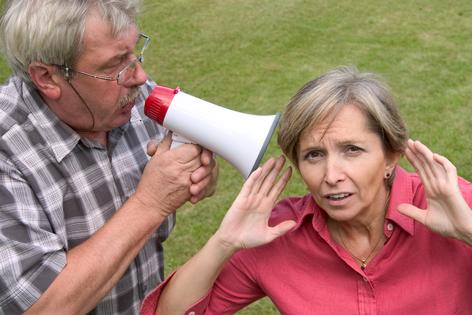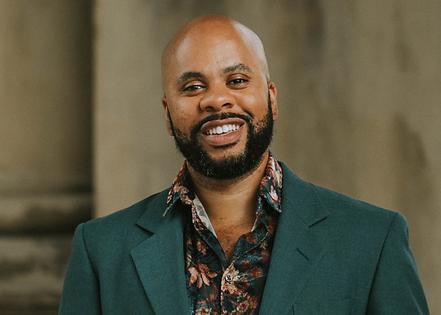Asking Eric: Friend breaks off contact after her husband’s death
Dear Eric: "Sue" and I have been neighbors and friends for more than 50 years. She and her husband are godparents to one of our children, we are members of social groups together, like book club and bridge group. We have shared many occasions together, at the holidays and with our families.
A couple of years ago her husband (and our friend) died after a short illness. After the funeral, I called her many times, let her talk and asked her out for lunch. She was always "busy" with appointments or "kids coming" so we never got together. In the meantime, she has told me about her "wonderful neighbors" and that they "are just like family." It is very hurtful and puzzling.
I don't know how to feel or what to think about this. We have had her over to our house a couple of times. Things went well until it was time to leave. She told me I don't know what it is like and wouldn't until my husband dies. She never calls me, so I have given up on that, too.
I know everyone deals with grief differently. But what should I do when I have been "ghosted" by a long-time friend? (I see this person at social events like book club, bridge and at church.) Do I just go on and hope that she will "come out of it"? (Frankly, I'm not sure I like her much now.) Or have I lost a long-time friend?
– Hurt Friend
Dear Friend: One of the things that makes this so hard is that both you and Sue are hurting but you’re hurting in different ways and for different reasons. Those differences have made it difficult for you to align, but it’s not impossible. It sounds like, when Sue told you that you don’t know what it’s like, she was attempting to communicate something very complex. And while it may not have seemed like it at the time, I think it was her attempt to let you in.
When some people lose a spouse, or a parent, or a child, the world gets split into two segments: those who have been through it and know what the pain is like. And those who don’t. Grief is isolating and it’s ever-changing, and it’s all-encompassing sometimes. So, this sorting can be an act of self-preservation – a way of making sense of a world where all the rules have changed.
You can have sympathy, you can show her love, you can show up in a myriad of ways, but right now there are aspects of your life that trigger her or are hard to navigate. So, I want to strongly encourage you not to write her off. I know you’ve reached out repeatedly; please don’t take it personally that she needs this distance. Your friendship has changed, just like every other relationship in her life. But that change is not an ending. If you continue to be present, friendly, and loving in those small social interactions, the bedrock of your relationship will remain intact and you may be able to build something new, a relationship that’s shaped around the people you both are now.
Dear Eric: I'm responding to your reader “Raising Voices”. Raising Voices had two friends who refused to wear hearing aids and RV was frustrated trying to talk with them. You were right in your advice to RV to tactfully encourage them to see an audiologist because hearing loss can lead to dementia as well as a greatly diminished quality of life.
As someone who has worn hearing aids for 15 years and got them in my early 40s, I would like to also add that, when people ask you to repeat yourself, please don't say the same exact words only louder – it's frustrating for both the speaker and the listener.
Oftentimes, it's certain sounds in words, like the S and F sounds, that are difficult to distinguish and make understanding difficult. If someone asks you to repeat yourself, use different words that mean the same thing. My husband sometimes yells at me, and I still can't understand him, even with hearing aids (and he should know better since I've had hearing loss since I've known him, but that's another story).
Speakers don't have to yell, just enunciate and use different words. It's also helpful if you don't turn your head away while talking with the hearing impaired.
– Thanks for Listening and Enunciating
Dear Thanks: This is very helpful guidance, thank you. A number of readers wrote letters expressing a similar sentiment. No one is asking to get yelled at, and sometimes people who aren’t hearing impaired allow annoyance to slip into their delivery of a repeated phrase. That doesn’t help anyone. But your advice will.
(Send questions to R. Eric Thomas at eric@askingeric.com or P.O. Box 22474, Philadelphia, PA 19110. Follow him on Instagram and sign up for his weekly newsletter at rericthomas.com.)
©2025 Tribune Content Agency, LLC.


















Comments